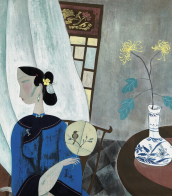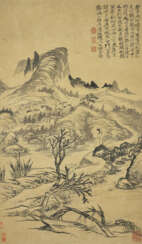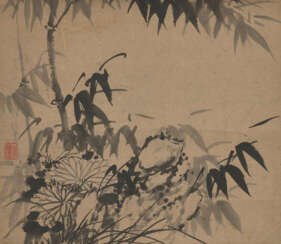Shitao (1642 - 1707) — Auction price
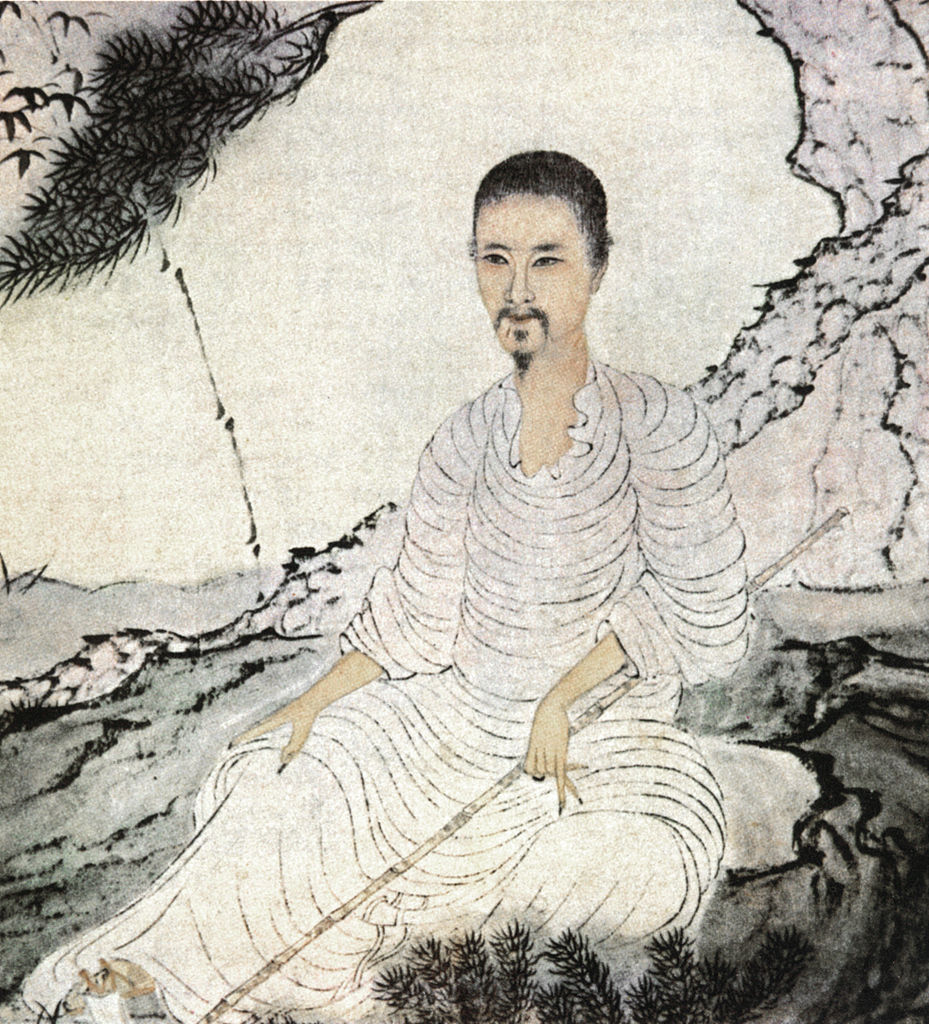
Shitao or Shi Tao (simplified Chinese: 石涛; traditional Chinese: 石濤; pinyin: Shí Tāo) was a Chinese Buddhist monk, calligrapher, and landscape painter during the early Qing dynasty.
Shitao is one of the most famous individualist painters of the early Qing years. The art he created was revolutionary in its transgressions of the rigidly codified techniques and styles that dictated what was considered beautiful. Imitation was valued over innovation, and although Shitao was clearly influenced by his predecessors (namely Ni Zan and Li Yong), his art breaks with theirs in several new and fascinating ways.
His formal innovations in depiction include drawing attention to the act of painting itself through his use of washes and bold, impressionistic brushstrokes, as well as an interest in subjective perspective and the use of negative or white space to suggest distance. Shi Tao's stylistic innovations are difficult to place in the context of the period.
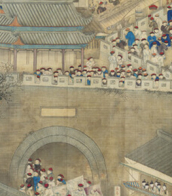

Shitao or Shi Tao (simplified Chinese: 石涛; traditional Chinese: 石濤; pinyin: Shí Tāo) was a Chinese Buddhist monk, calligrapher, and landscape painter during the early Qing dynasty.
Shitao is one of the most famous individualist painters of the early Qing years. The art he created was revolutionary in its transgressions of the rigidly codified techniques and styles that dictated what was considered beautiful. Imitation was valued over innovation, and although Shitao was clearly influenced by his predecessors (namely Ni Zan and Li Yong), his art breaks with theirs in several new and fascinating ways.
His formal innovations in depiction include drawing attention to the act of painting itself through his use of washes and bold, impressionistic brushstrokes, as well as an interest in subjective perspective and the use of negative or white space to suggest distance. Shi Tao's stylistic innovations are difficult to place in the context of the period.
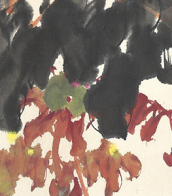

Shitao or Shi Tao (simplified Chinese: 石涛; traditional Chinese: 石濤; pinyin: Shí Tāo) was a Chinese Buddhist monk, calligrapher, and landscape painter during the early Qing dynasty.
Shitao is one of the most famous individualist painters of the early Qing years. The art he created was revolutionary in its transgressions of the rigidly codified techniques and styles that dictated what was considered beautiful. Imitation was valued over innovation, and although Shitao was clearly influenced by his predecessors (namely Ni Zan and Li Yong), his art breaks with theirs in several new and fascinating ways.
His formal innovations in depiction include drawing attention to the act of painting itself through his use of washes and bold, impressionistic brushstrokes, as well as an interest in subjective perspective and the use of negative or white space to suggest distance. Shi Tao's stylistic innovations are difficult to place in the context of the period.
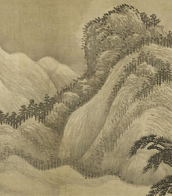

Shitao or Shi Tao (simplified Chinese: 石涛; traditional Chinese: 石濤; pinyin: Shí Tāo) was a Chinese Buddhist monk, calligrapher, and landscape painter during the early Qing dynasty.
Shitao is one of the most famous individualist painters of the early Qing years. The art he created was revolutionary in its transgressions of the rigidly codified techniques and styles that dictated what was considered beautiful. Imitation was valued over innovation, and although Shitao was clearly influenced by his predecessors (namely Ni Zan and Li Yong), his art breaks with theirs in several new and fascinating ways.
His formal innovations in depiction include drawing attention to the act of painting itself through his use of washes and bold, impressionistic brushstrokes, as well as an interest in subjective perspective and the use of negative or white space to suggest distance. Shi Tao's stylistic innovations are difficult to place in the context of the period.


Shitao or Shi Tao (simplified Chinese: 石涛; traditional Chinese: 石濤; pinyin: Shí Tāo) was a Chinese Buddhist monk, calligrapher, and landscape painter during the early Qing dynasty.
Shitao is one of the most famous individualist painters of the early Qing years. The art he created was revolutionary in its transgressions of the rigidly codified techniques and styles that dictated what was considered beautiful. Imitation was valued over innovation, and although Shitao was clearly influenced by his predecessors (namely Ni Zan and Li Yong), his art breaks with theirs in several new and fascinating ways.
His formal innovations in depiction include drawing attention to the act of painting itself through his use of washes and bold, impressionistic brushstrokes, as well as an interest in subjective perspective and the use of negative or white space to suggest distance. Shi Tao's stylistic innovations are difficult to place in the context of the period.
